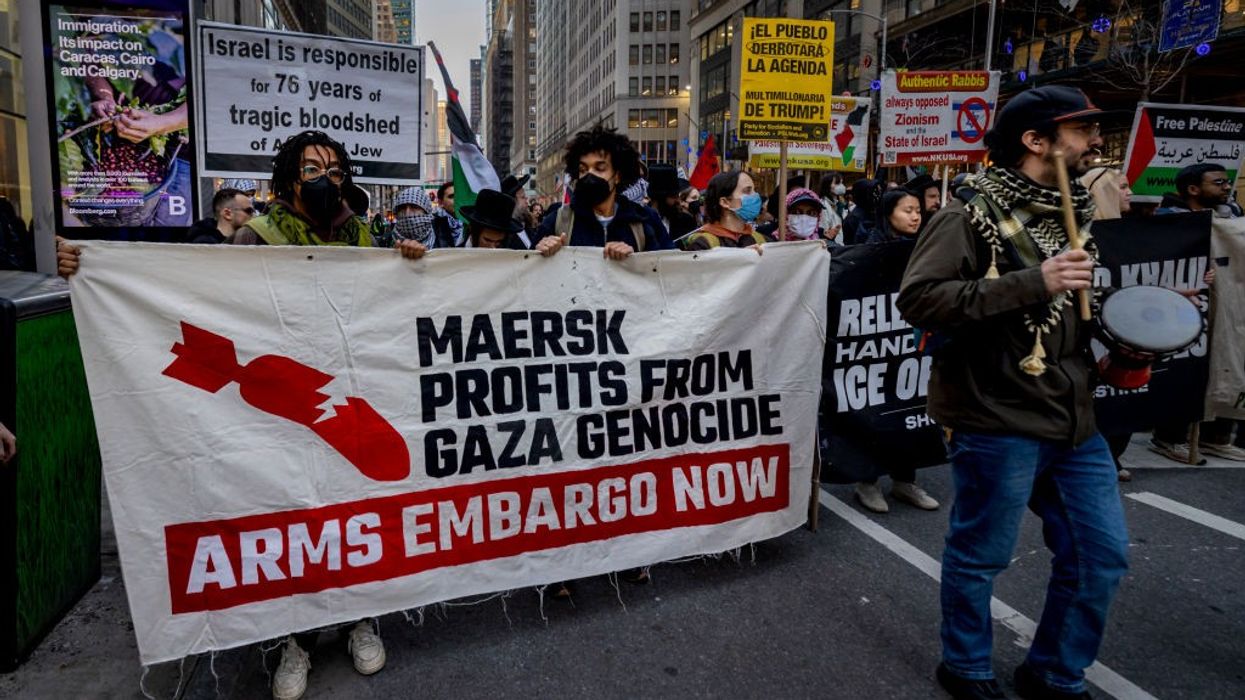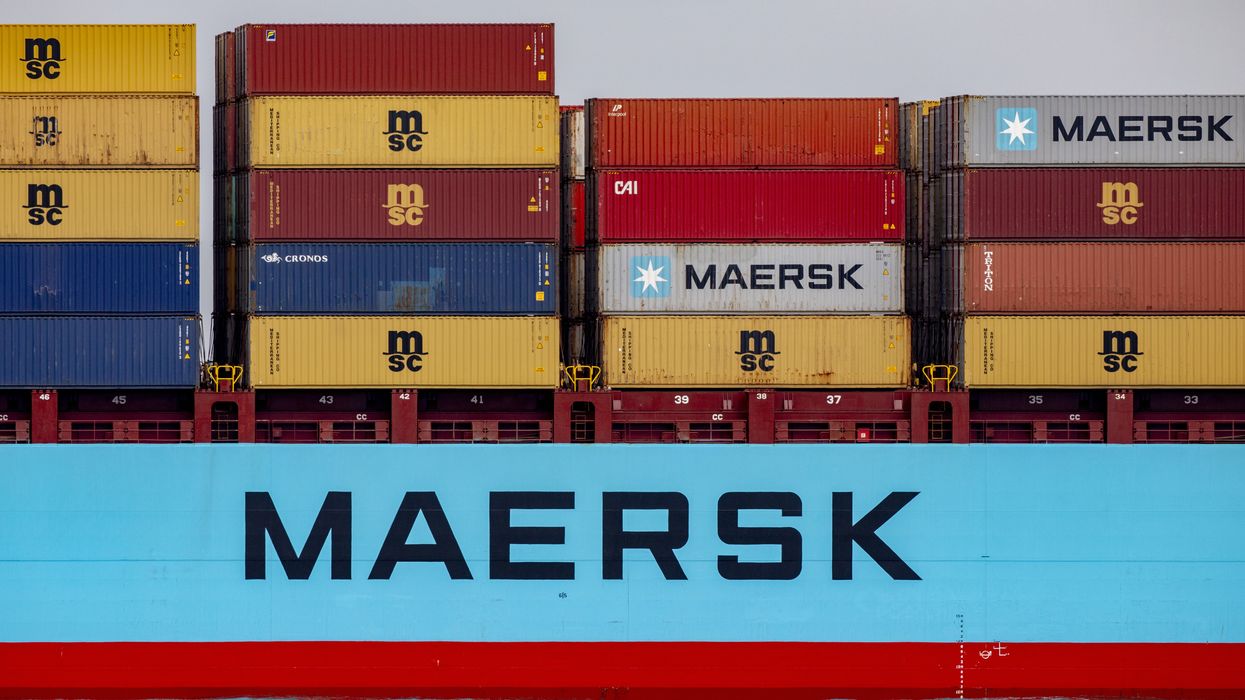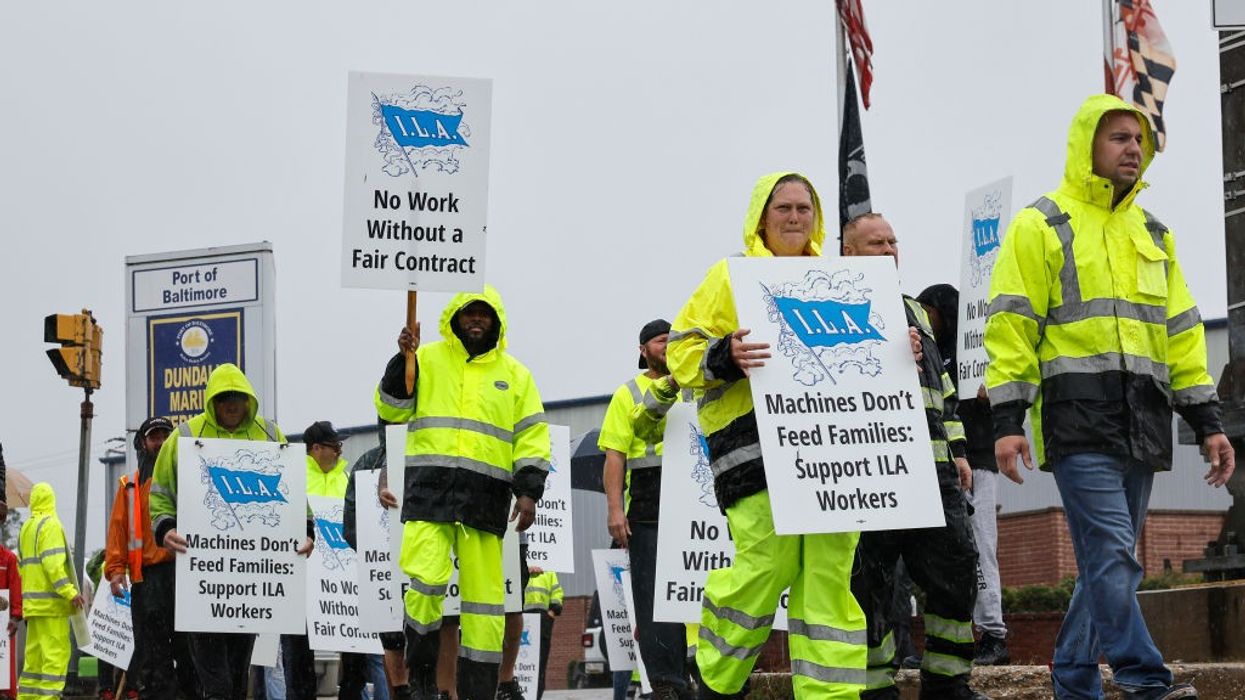As Their Leaders Remain Complicit, Ordinary People Say No to Gaza Genocide
What gives a glimmer of hope is the activism, particularly that of youth throughout the world, protesting, organizing boycotts, risking arrest and their lives.
Medford, a city of 60,000 people in Massachusetts, voted to pass a historic ordinance to divest from weapons companies that contribute to human rights violations. Their vote included Israel’s ongoing genocide, starvation, and destruction of everything that makes life in Gaza possible.
The Medford City Council passed the Values-Aligned Local Investments Ordinance in August 2025, making Medford one of a handful of municipalities (and the only city in liberal Massachusetts) that has barred investments in companies that profit from genocide. Others include Dearborn, Michigan; Iowa City; Richmond, California; and Portland and Belfast, Maine. In December 2024, Alameda County, California, a populous county of 1.7 million people, became the first county to divest from Caterpillar, Inc., a complicit company that sells bulldozers to Israel to demolish agricultural fields, roads, buildings, and other infrastructure in Gaza and Palestinian territories.
Each of the handful of cities that has divested is small and their divestment is modest, but they have chosen an outsized moral path with global implications. “Americans don’t want our tax dollars spent on war crimes like forcibly starving children in Gaza,” Dina Alami, resident of Medford, said. “...This ordinance is one small step in making sure our tax dollars serve the interests of people rather than billionaires.”
The Medford City Council’s Kit Collins stated that “this policy is foundationally aligned with my Jewish faith and with the imperative to repair the world.” He speaks of being both “offended and saddened” by people with whom he shares Jewish Identity who consider him “illegitimate” because he does not share “their politics or ideology about Zionism and the state of Israel.” But his politics do align with leading Israeli rights groups B’Tselem, which documents the effects of Israeli policies on Palestinians and Physicians for Human Rights-Israel, as well as the prominent US human rights group Jewish Voice for Peace.
Each of the handful of cities that has divested is small and their divestment is modest, but they have chosen an outsized moral path with global implications.
In Mid-August, Benjamin Netanyahu, Prime Minister of Israel, stated he has no choice but to “finish the job” in Gaza: Call it his final solution. And to ensure his ghoulish promise, the Israeli Cabinet, in lockstep, just approved an Israel Defense Forces plan “to sweep away all of the nearly million residents of Gaza City–by displacement or death—… slated to begin October 7.” Israel has also killed more food aid workers from the United Nations, International Red Cross, and other established aid agencies than any other country in the world, ensuring a now-confirmed famine in Gaza City.
I am reminded of the poet and pacifist Walt Whitman’s judgment about a cold-blooded, merciless war criminal in the Civil War, Heinrich Wirz, who tortured and starved to death thousands of Union soldiers in Andersonville prison, Georgia. “There are deeds, crimes that may be forgiven,” he said, “but this is not among them.” Nor will be the Israeli Zionists’ crime against Palestinian humanity, “the world’s first live-streamed genocide” that has treated the people of Gaza worse than animals, worse than we ever expected a people to be treated after the Nazis slaughtered Jews in the Holocaust. The lesson “never again” has not been learned: not by Zionist Israel, not by at least a dozen other countries where horrific genocides have been documented, not by European countries who have stood by Israel and are late upon the scene speaking against the genocide. And not by the United States and Germany together, whose weapons constitute the vast majority of those used on Gaza and who could end the war immediately by an ethical “no.” (Of course, weapons makers rule and would revolt.)
What gives a glimmer of hope is the activism, particularly that of youth throughout the world, protesting, organizing boycotts, risking arrest and their lives. It took two years of intense, nonstop “research, agitation and direct action” for the diaspora Palestinian Youth Movement to win a “landmark” victory in late June of this year against the Danish shipping company Maersk. Through rigorous research they gathered the evidence that Maersk shipped arms transfers, including vital parts for F-35 fighters, used to bomb Gaza’s civilian population, and provided commercial shipping for business enterprises operating in illegal Israeli settlements, some of which are arms companies.
Their strategy to find “the crack in the armor of genocide” led them to decide that convincing a shipping company to stop a controversial and small part of their business would more likely be successful than convincing a military arms manufacturer to cease selling arms to Israel. The organizers then released their findings about Maersk and turned to direct action: protests, sit-ins, and facility shutdowns in US and European cities; confronting politicians and city council meetings; enlisting allies in environmental and labor sectors, members of parliament, lawyers, and more. They successfully urged Maersk shareholders to bring forth a resolution about the company’s complicity in genocide. In June 2025, Maersk met the one of their demands: They will no longer provide shipping for Israeli business enterprises, including arms companies, operating in illegal Israeli settlements. The “Mask Off Maersk” campaign will continue until Maersk terminates the transport of weapons components and weapons to Israel.
May they succeed where admirable UN pronouncements with little enforcement have not.


